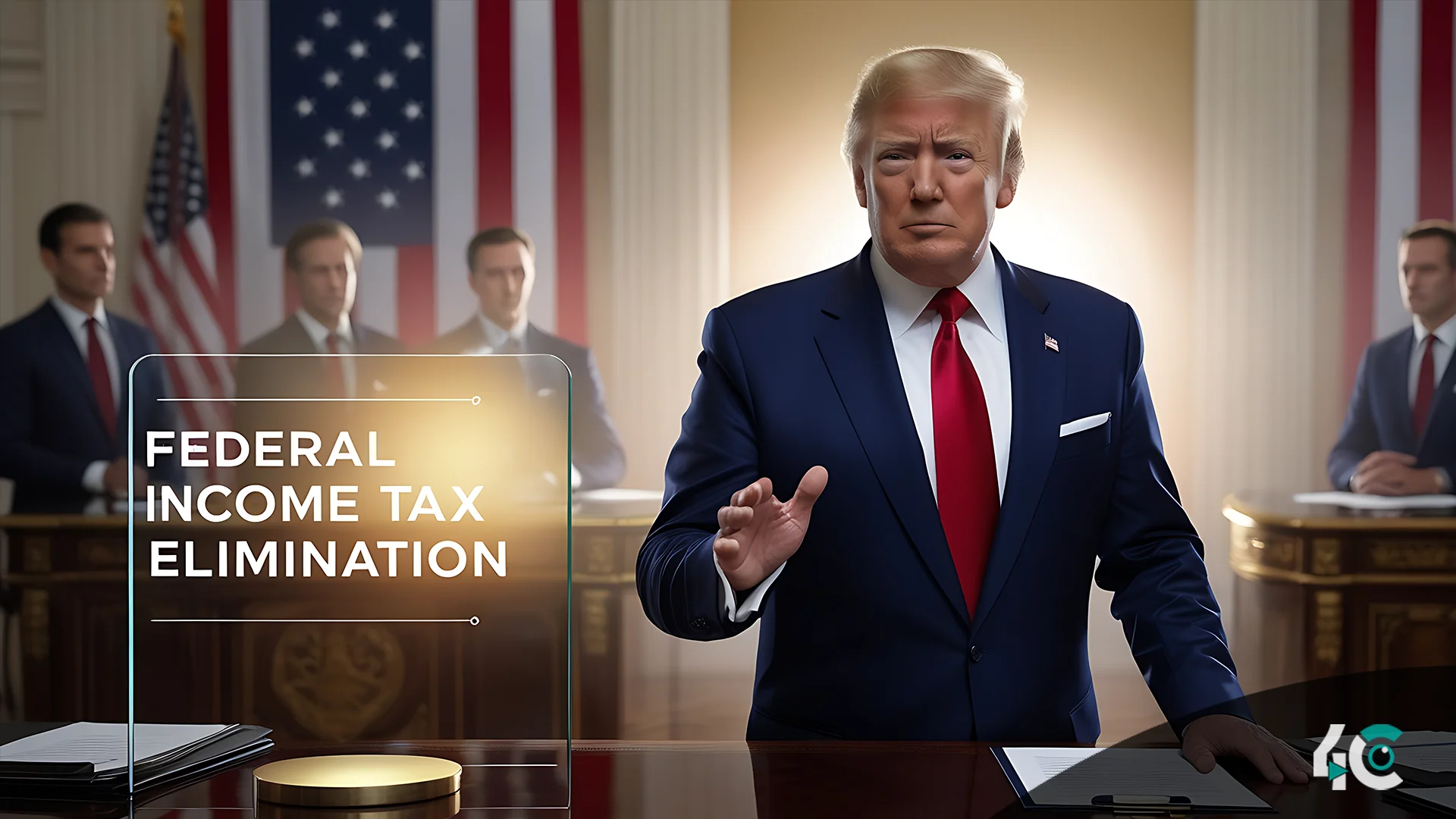In a daring move, former President Donald Trump suggested substituting import tariffs for federal income taxes, arguing that this would provide enough money to finance the government without requiring direct income taxes from citizens. When Trump discussed his plan to restructure the American tax system by switching to tariffs—a system he believes will protect American workers and create significant revenue—this concept came up during an interview on the Joe Rogan Experience.
Trump drew inspiration from President William McKinley’s tariff policies of the late 19th century, pointing out that tariffs used to finance federal spending and brought in so much money that authorities found it difficult to distribute it. He asserted that this strategy made the United States wealthier than it had ever been and proposed that contemporary America could follow suit. Recalling that “we had so much money, we didn’t know what to do with it,” Trump contended that tariffs could bring the United States back to a comparable level of economic success.
However, critics caution that high taxes are likely to increase the cost of imported items for American consumers. Economists contend that tariffs increase the cost of necessities, imposing an unstated tax on Americans. Trump, on the other hand, thinks that tariffs would boost American industry and raise demand for the dollar, which would ultimately help the American economy.
Trump has proposed utilizing Bitcoin to handle the national debt in addition to his income tax plan. He estimates that using Bitcoin as a strategic asset might help alleviate some of the $35 trillion burden. Trump suggested transferring the confiscated Bitcoin assets to the U.S. Treasury as a reserve, potentially for the purpose of settling debts with creditors.
This radical tax plan is just one of many campaign pledges that challenge conventional wisdom. Trump’s supporters think these reforms could save American jobs and boost the economy, despite skeptics questioning whether tariffs can completely replace income taxes. Trump’s audacious plans continue to spark conversations ahead of the 2024 presidential race, regardless of whether this vision is politically or financially achievable.



































